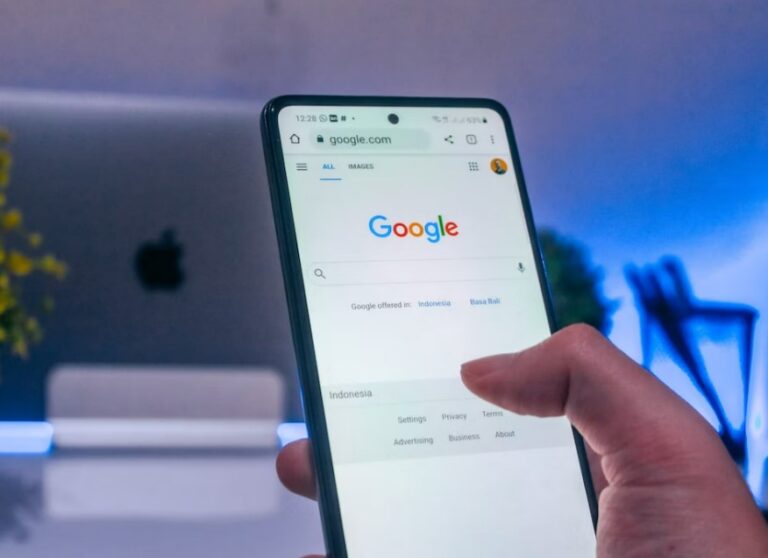Artificial intelligence (AI) will also take over online search. The world’s most widely used search engine, Google, has decided this. The Mountain View company, in fact, announced last week during its annual I/O conference that it will integrate generative AI technology similar to ChatGpt into its search results.
In practice, this means that it will no longer take hours, but also not too many minutes, to search and compare different sites in order to piece together information.
This, because Google will propose a paragraph at the top of the results. In which the AI synthesises the results gathered from different sources on the Internet.
Table of Contents
Google spins on AI
Although Google has invested a lot in AI in recent years, the arrival of ChatGpt on the market has created some problems for it.
Last March, the giant led by Sundar Pichai announced the launch of competitor Bard. And the following month said it would merge its AI research group with DeepMind, another Alphabet AI company.
Now, the latest move is to integrate text generation technology directly into its core strength, which is search.
How it will affect purchases
But Google’s AI will also play a role in online purchases. In fact, if the search concerns the purchase of a product. For example, ‘what is the best washing machine?’ or ‘the best amplifier for a pool party’, the new search engine will provide an overview of online offers accompanied by information, reviews, prices and images.
“This is because,” the company explains, “the new AI generative shopping experience is based on Google’s Shopping Graph. Which has more than 35 billion product listings. Thus making it the world’s most comprehensive dataset of products, sellers, brands, reviews and evolving inventories. In fact, every hour, more than 1.8 billion listings are updated in our Shopping Graph to provide customers with fresh and reliable results.”
What Google AI is not about
However, unlike ChatGpt, the new version of Google’s search engine powered by generative AI will not only not have an anthropomorphic interface to converse with, it will not provide an answer on any topic.
Indeed, one will not get answers on sensitive or controversial topics, such as health, economics or politics.
Moreover, the tool, for now only accessible in English in the United States, will not be activated for all users immediately.
Publishers in panic?
The novelty that Google would like to introduce would also be a revolution – not a positive one – for publishers. Who would see a drastic drop in visits to their own sites. I.e. the original sources from which the AI draws and then republishes their content.
To which would be added a possible threat to the affiliate revenues that publishers derive from product recommendations.
But this, notes Wired, also means that ‘Google will have to avoid cannibalising its advertising business in the sector, which represents a significant slice of its revenue’.
Read also: Google Bard AI finally released: here’s how to use it












